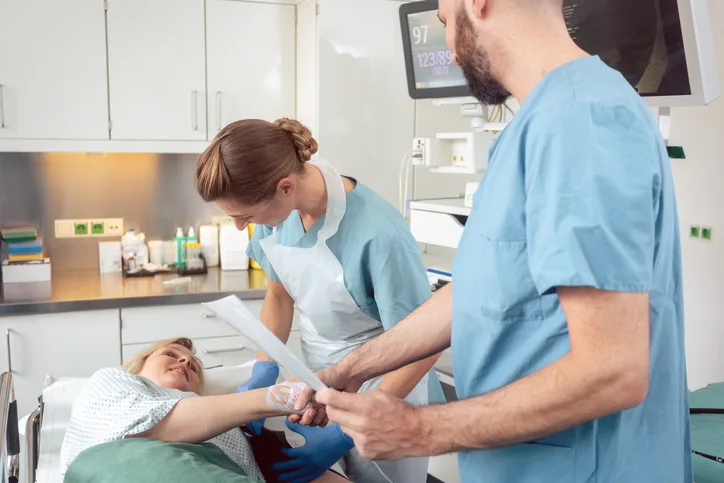
Signs You Should Get a Colonoscopy
Colorectal cancer is increasing in people under age 50, so it’s important to know the risks and symptoms for colorectal cancer and see your health care professional if you have concerns.

Colorectal cancer is increasing in people under age 50, so it’s important to know the risks and symptoms for colorectal cancer and see your health care professional if you have concerns.

Most women regularly experience vaginal discharge, making it difficult to know when the discharge is a concern. Here are signs that it’s time to see your health care provider.
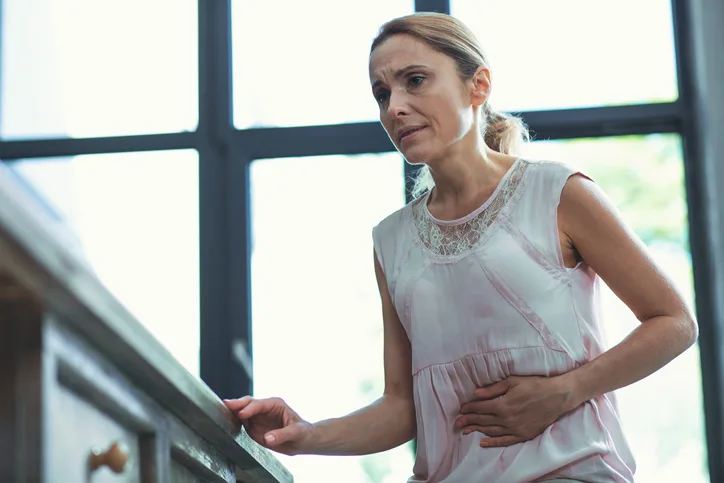
There’s a big connection between your emotions and your gut. So, stress and anxiety can lead to diarrhea, nausea, indigestion, constipation or appetite changes.
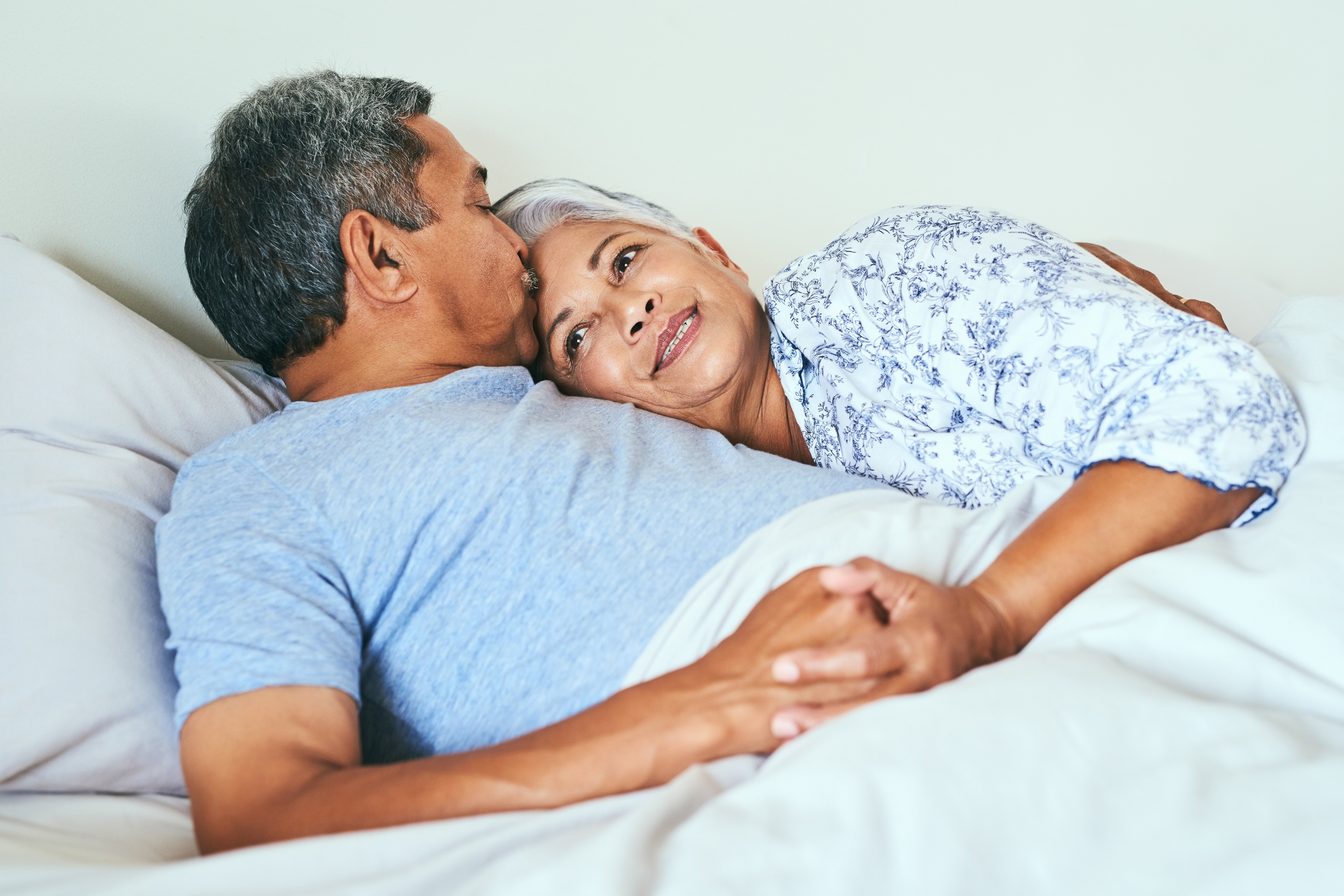
Some women find sexual freedom once they’re in menopause, but there is still a need to protect against sexually transmitted diseases and infections.
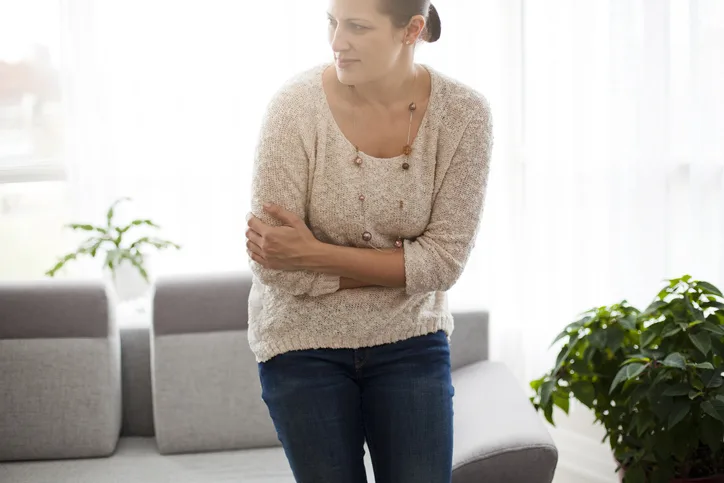
Constipation may become a problem in menopause, and, yes, hormones may be to blame. So, what can you do about it?

Colonoscopies are essential to preventing colon cancer, but the prep is never fun. Here are some tips for making sure the preparation goes well—and you don’t have to repeat it.
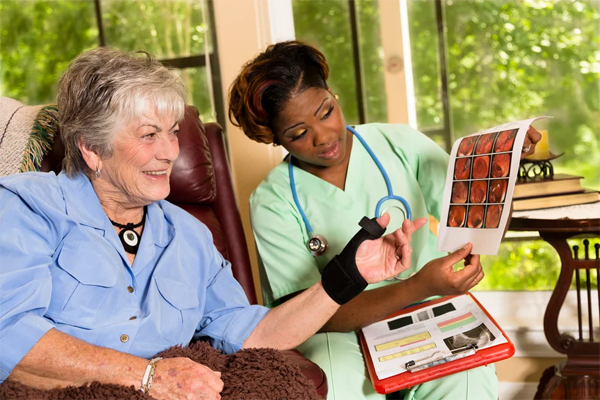
Without screening, colon cancer can be in an advanced stage before it is discovered. Generally, the earlier colon cancer is found the easier it is to treat.